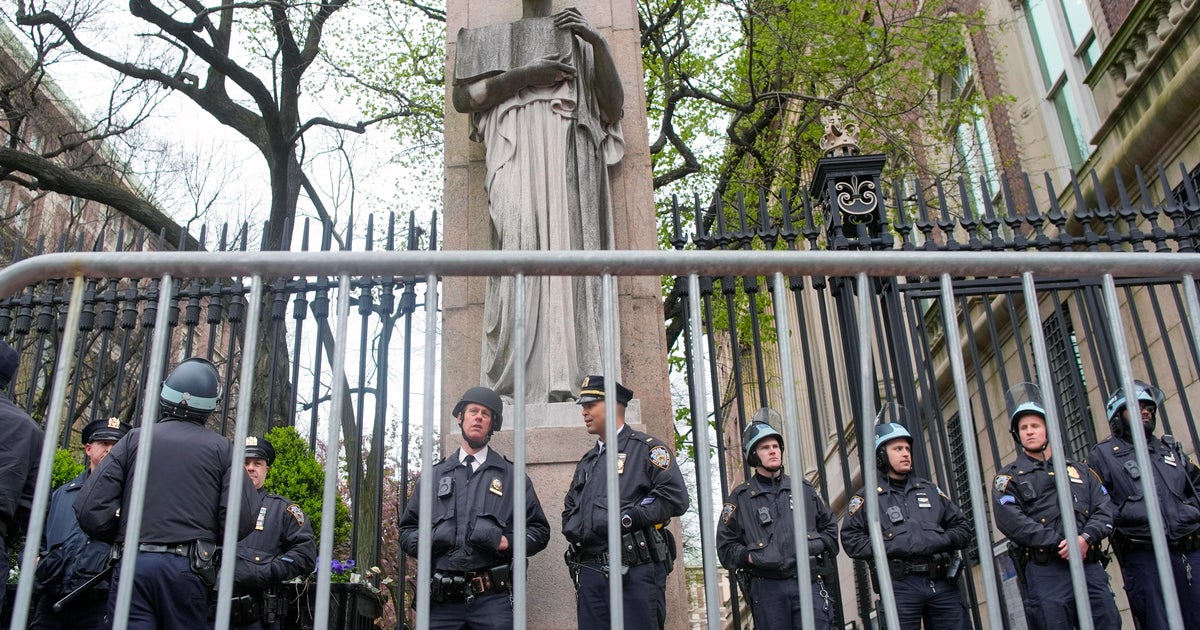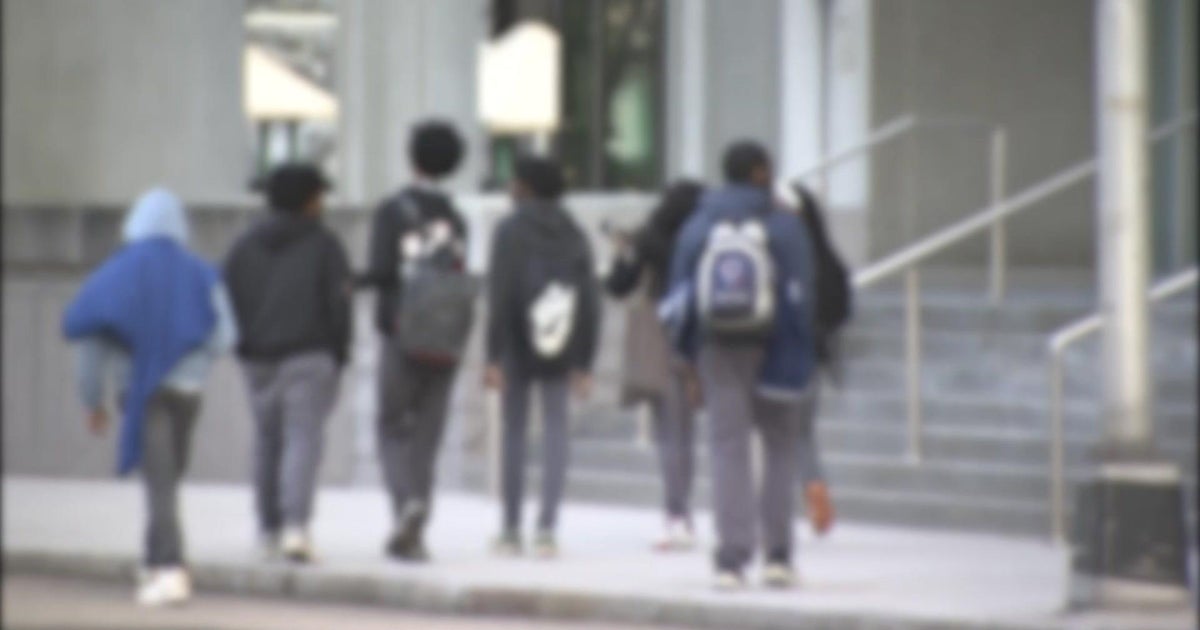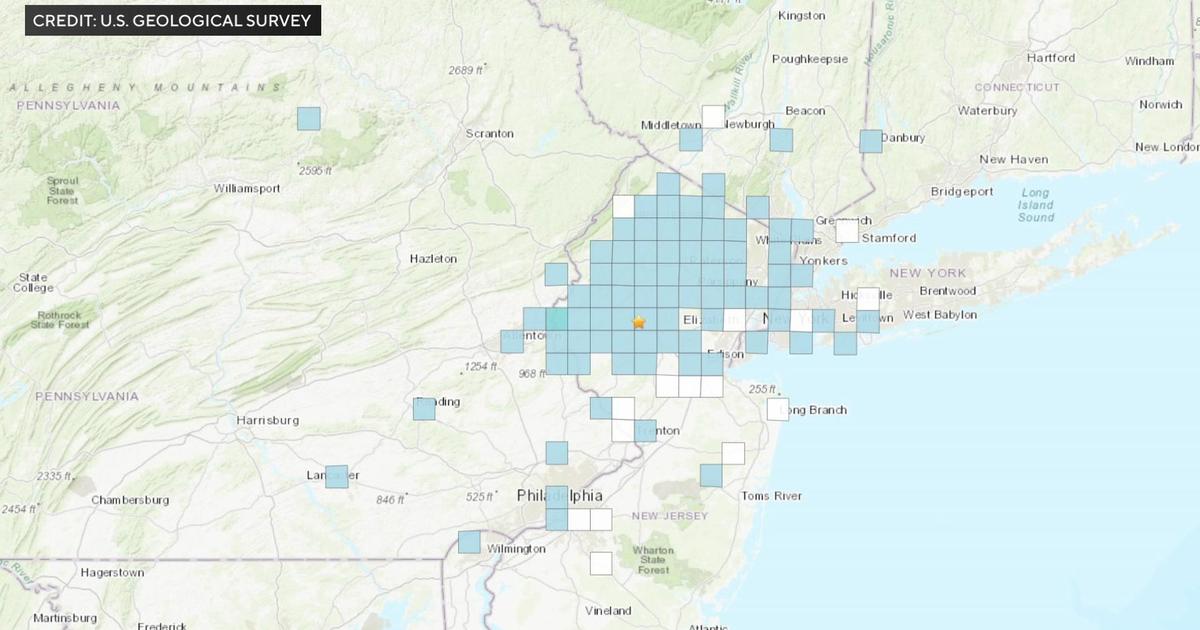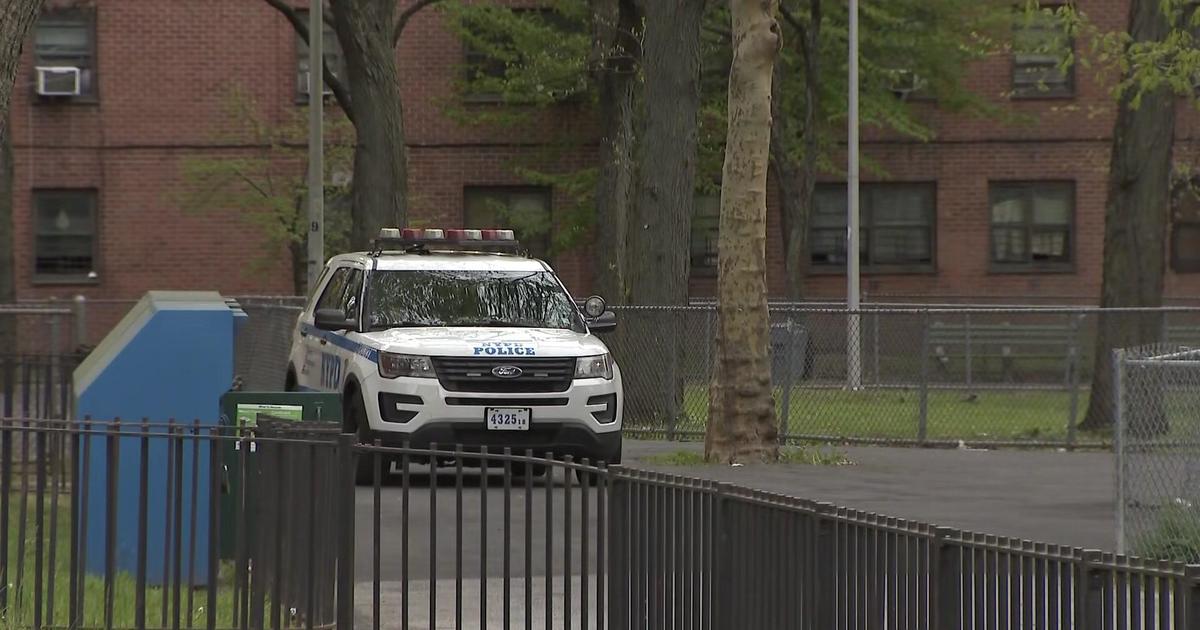Will You See A Second Stimulus Payment?
(CBSNewYork) -- Will Americans be receiving a second stimulus payment in the near future? The answer remains uncertain. But what seemed unlikely in late March, after the first stimulus passed, seems much more likely three months later. And developing economic (and political) conditions add to the likelihood with each passing day.
According to Murillo Campello, professor of Finance at Cornell University's Johnson Graduate School of Management, the likelihood of a second stimulus payment to consumers is "nearly 100 percent."
"It is definitely key and necessary and will happen," says Campello. "For us to recover, we need a second round of stimulus as big as the CARES Act, which was around $2 trillion."
The first stimulus payments, part of the CARES Act, started arriving in consumers' bank accounts in mid-April. Individual taxpayers with an adjusted gross income (AGI) less than $75,000 received $1,200. (Married couples with an AGI less than $150,000 received $2,400.) The stimulus payment declined as incomes increased and were phased out entirely at $99,000 ($198,000). All taxpayers, regardless of income, received $500 per child.
Stimulus payments continued to arrive through May and into June. While 159 million payments had been sent by June 3, up to 35 million more remained. The effects continue to ripple through the economy. And while it's unclear exactly how helpful they have been, they were certainly necessary. "The effects are positive," says Campello. "The issue is that there wasn't enough of it, of the benefits. And that's why we're certainly looking to a second round."
During the last three months, the economy showed signs of recovery, and the spread of COVID-19 seemed to abate, especially in the hardest-hit areas. The stock market surged to its best quarter in over two decades, thanks, in part, to the confidence boost of that first stimulus package. The unemployment rate topped out in April at 14.7 percent, with 29 million people losing their jobs. It dropped to 13.3 percent in May and 11.1 percent in June. Parts of the country reopened, and the economy exhibited signs of life.
With the economy on the road to recovery, further stimulus looked less likely. But coronavirus cases spiking across the south and west have put an already-tenuous economic recovery in jeopardy. Florida set the single-day record with 15,300 new cases on Sunday, breaking California's record of 11,694 set last Wednesday. Many states representing a large chunk of the economy are pumping the breaks on reopening.
But the surging virus has also helped fast-track a second stimulus. Consumer confidence and consumer spending depend on how comfortable people are being consumers. A virus that spreads rapidly through human contact makes people skittish about spending money in places of business. Near-record unemployment (meaning uncertainty about one's own employment opportunities) makes people skittish about spending money at all.
The form a second stimulus payment will take remains uncertain. Lots of options are on the table, and negotiations are ongoing. "This time the talk is about capping it at $40,000, payments made to people who make that level of (annual) income," says Campello. "Also, instead of making it a one-time check that people go out and spend immediately, the idea now is that they'll make payments in three or four installments. So people will slowly spend the money, and that's more important to see for rebuilding the economy."
>>READ: What Might A Second Stimulus Payment Look Like For You?
Other approaches that have been floated range from a one-time payment of $1,200 to a monthly payment of $2,000 through the end of the pandemic. "Republicans want to have payments made to people who get back to work," Campello notes. "It's a get-back-to-work paycheck essentially, $150 a week. So if you show some initiative and get a job, well then you get cash as a reward, as an incentive, whereas the other payments we're talking about is regardless. If you paid income tax last year, you get a check no matter what's happening to you."
Any payment to individuals will be part of a larger package. According to Campello, "we're looking to a combination of stimulus to consumers, to workers -- meaning if you get a job, you get some payment -- but also to companies who hire workers, in the form of something like the PPP (Paycheck Protection Program) all over again. And then it will be a matter of the political parties have different views on how much money goes into each of those pockets."
What ultimately happens is now a matter of political will and negotiation. The economic crisis brought on by the coronavirus pandemic is happening during a presidential election. All representatives and many senators will also be on the ballot. "It will be a matter of the political parties [that] have different views on how much money goes into each of those pockets," says Campello.



